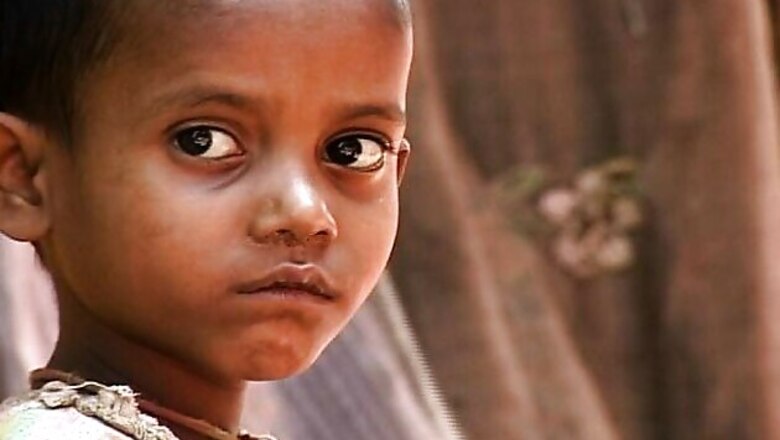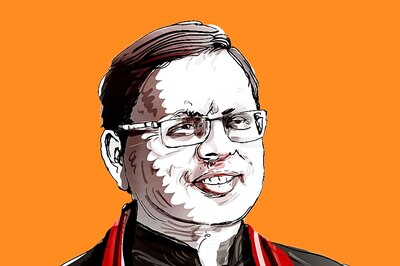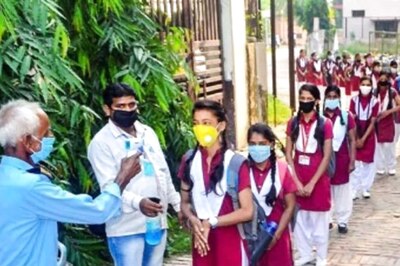
views
New Delhi: Child rights activists on Thursday stressed on the need to provide adequate mental health services for children in institutional care to ensure their social inclusion.
Most children residing in institutions like children's homes, care homes, orphanages, reform schools and institutes for physically and mentally disabled have been through exceptional and undeniable traumatic experiences of being orphaned, abandoned or lost due to conflicts or natural disasters, they said.
"There is a need to understand what mental health means in relation to children in institutions," said Kiran Modi, founder and managing trustee of Udayan Care, a child rights NGO.
"We need to stop thinking about mental health as mental illness and instead internalise the concept that positive or good mental health is an essential component of the child's social, emotional and psychological development," he said.
Deepak Gupta, a child and adolescent psychiatrist at Sir Ganga Ram Hospital, said, "The risk of developmental and psychological damage is particularly acute among young children under the age of four, which is a critical period for children to bond with their parents or care givers."
"Even in a well-equipped institution with focused staff, it is unlikely that the attention they receive by the personnel could replace good parental care."
Highlighting the importance of proper training of professionals and caregivers working in the field of institutional child care, Aneesha Wadhwa of Udayan Care said, "The training of caregivers is fundamental.
"They have to know how to handle everyday problems amongst the children and have to be trained to manage the stressful conditions under which they work."
"We also need to build a bank of trained mental health professionals through specialised academic courses that cater to the treatment of children in institutionalized settings," she said.
Some of the common mental health problems seen in children living in institutions include depression, oppositional defiant disorder and conduct disorder, substance abuse, attachment disorder and intellectual and learning disability.



















Comments
0 comment